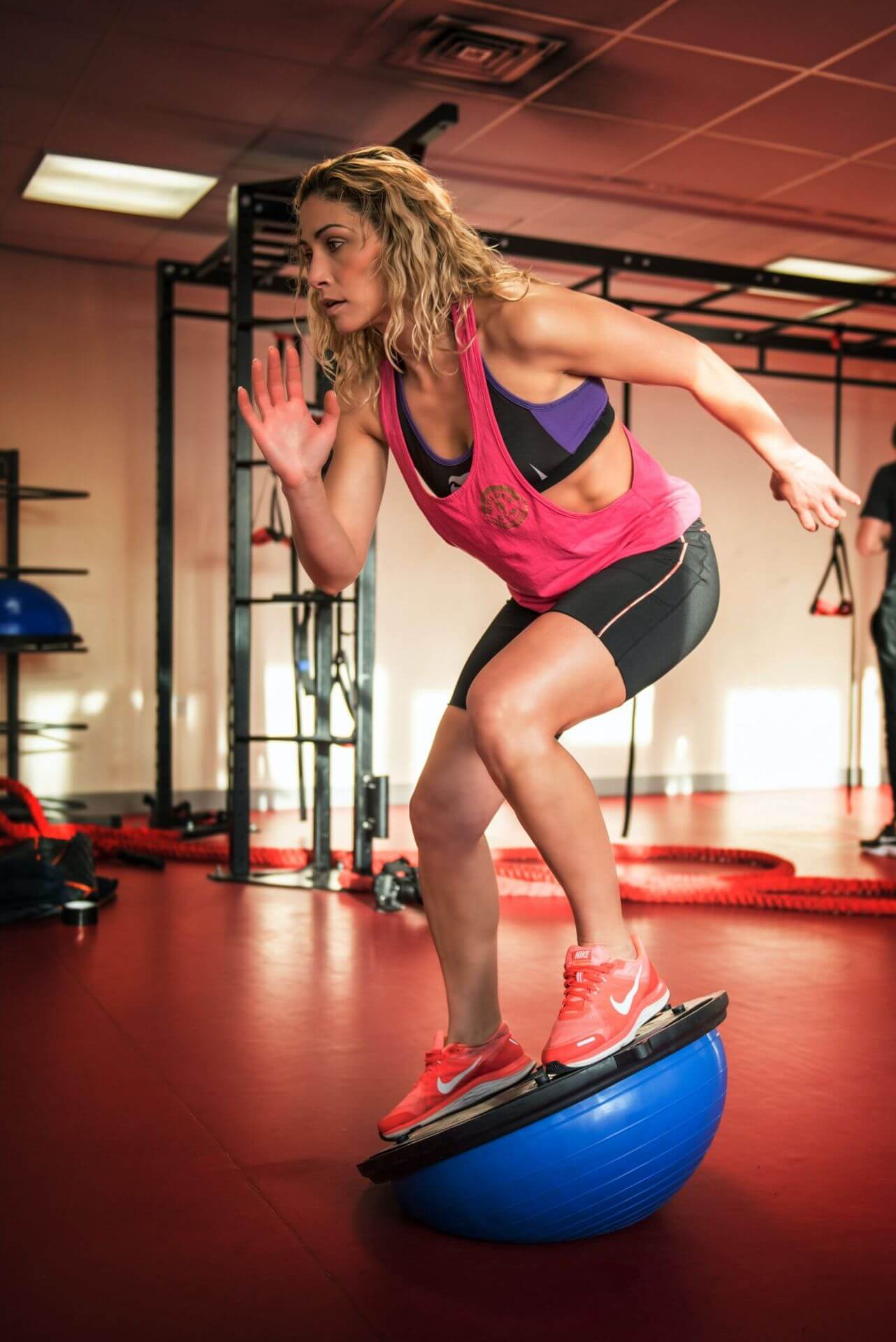Benefits of Unstable Resistance Training as we Age.

For many of us we have already experienced a number of ways in which our body stops working as effectively the older we get. Maybe it’s those frustrating “tip-of-the-tongue” moments where we can’t quite remember a word or a name. Often we think these glimpses of forgetfulness are simply the joys of aging, right? But, there is plenty we can do to help protect ourselves and our brain as we age.
Over the years, many studies have explored the benefits of unstable resistance training on the cognitive area of our brain, such as memory, thinking, reasoning and problem-solving. Exercise physiologists and trainers often incorporate unstable resistance training into programs as a way to train for fall prevention and improve overall core health. Not only does using these tools help with things like preventing falls and fractures, but it also boosts brain fitness too.
Researchers from Germany’s University of Kassel, Institute of Sport and Sports Science, found mental fitness improved significantly for both men and women when they combined resistance training with balance training during a 10-week period.
The study divided participants aged between 65 and 79 years, into three training groups; unstable, free-weight resistance training and two types of stable, machine based resistance training. Participants were asked to train twice a week on non-consecutive days. Results found the group who did the unstable free-weight training program, improved their working memory, processing response inhibition and speed. This level of cognitive improvement was not replicated in the group undertaking stable resistance training only
Leanne and Fitness Tips Say:
It may be the case that our cognitive processing becomes less nimble as we age, just as we can’t run as fast as we did in our 20’s. But we should not get discouraged. There are plenty of ways we can introduce instability into our resistance training to start reaping cognitive benefits.
Try using tools such as a fitball, BOSU ball, wobble board, and foam roller, or maybe train on unstable natural surfaces like sand and gravel.
By taking simple steps now, you can maintain your cognitive health well into the future!

